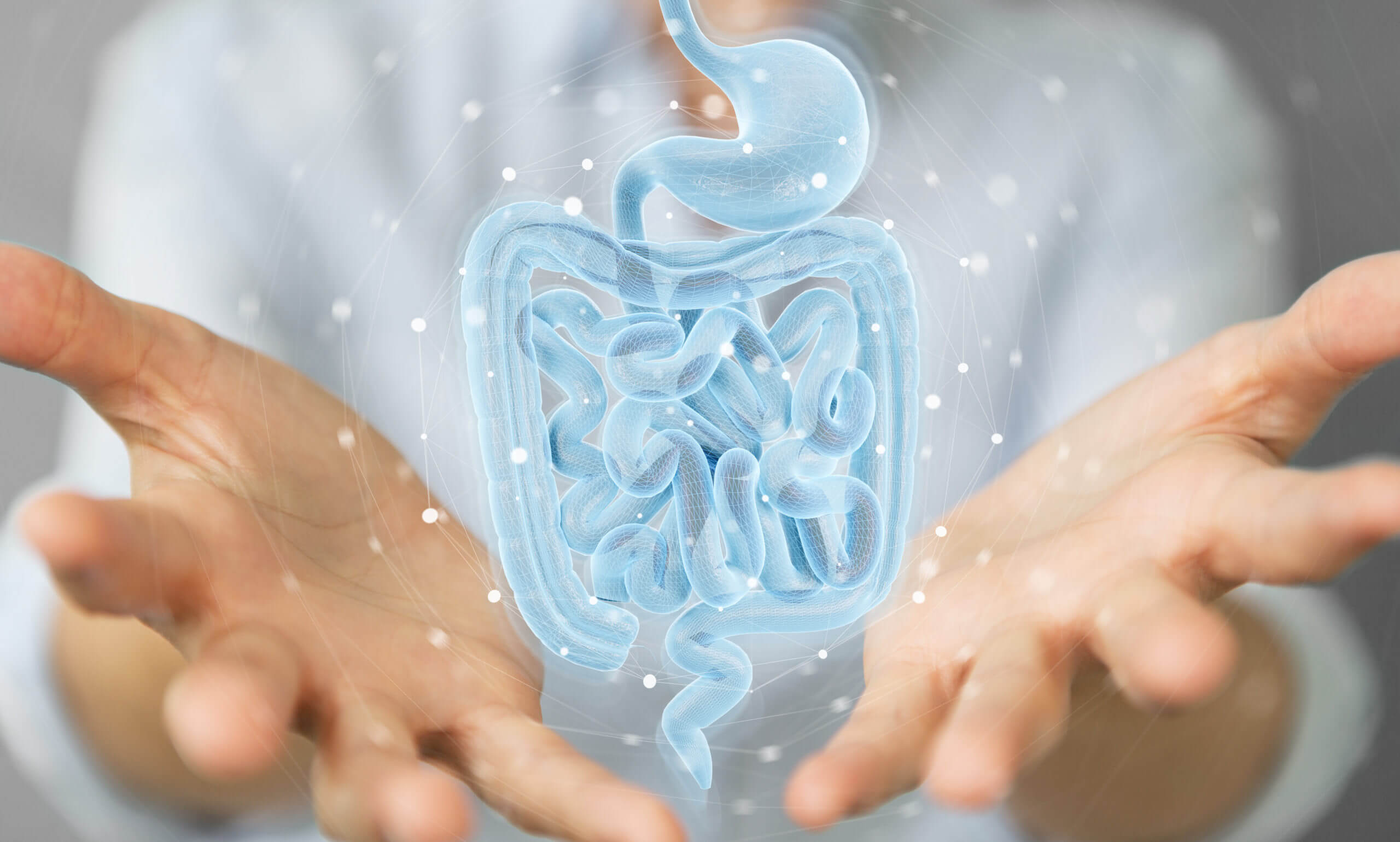After a childhood of poor eating habits, many people eventually come around to eating healthier to lose their unwanted weight as adults. Unfortunately, a new study finds it may already be too late to save their gut health. Researchers from the University of California-Riverside say eating too much fat and sugar as a child can permanently alter a person’s microbiome.
“We studied mice, but the effect we observed is equivalent to kids having a Western diet, high in fat and sugar and their gut microbiome still being affected up to six years after puberty,” explains UCR evolutionary physiologist Theodore Garland in a university release.
Their findings reveal mature mice who consume a high-fat diet as juveniles go on to have less overall and less diverse gut bacteria. The microbiome is the total sum of all the bacteria, fungi, parasites, and viruses which live inside and on the surface of humans and animals. Most of these organisms live in the intestines and the majority are helpful to human health. They can stimulate the immune system, break down food, and even synthesize vitamins.
In a healthy person, there is a balance between good and bad bacteria. When things like antibiotics, illnesses, or an unhealthy diet disturbs this fragile balance, it leaves the body open to disease.
Even exercise won’t help restore gut health
The study divided a group of young mice into four categories. Half of the lab mice continued to eat a normal diet, while the other half switched to a “Western” diet. Half of these mice also had access to a running wheel, while the other half did not exercise.
After three weeks on these diets, all of the mice went back to a normal routine of a healthy diet and no exercise. Fourteen weeks after the start of the experiment, researchers examined the diversity and amount of bacteria in the animals’ systems.
The results reveal mice consuming a Western diet have significantly less bacteria in their microbiome, including less Muribaculum intestinale. Study authors say this particular bacteria helps to metabolize carbohydrates.
The findings also show that bacteria in the gut is sensitive to exercise. Levels of muribaculum increased when mice eating a healthy diet used their running wheel. However, these levels dropped in mice on the high-fat diet regardless of whether they exercised or not. Researchers say this type of beneficial bacteria may also influence the amount of energy a body has available to use.
Proper diet more important than exercise?
UCR researchers conclude that the impact of a Western diet, high in fat and sugar, has longer lasting effects on a child’s future than exercise.
Garland and his are hoping to repeat the experiment and measure when these microbiome changes first appear. They also want to see if sugar and fat continue to change gut health into the later phases of life.
“You are not only what you eat, but what you ate as a child!” Garland concludes.
The study appears in the Journal of Experimental Biology.
